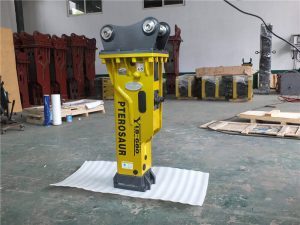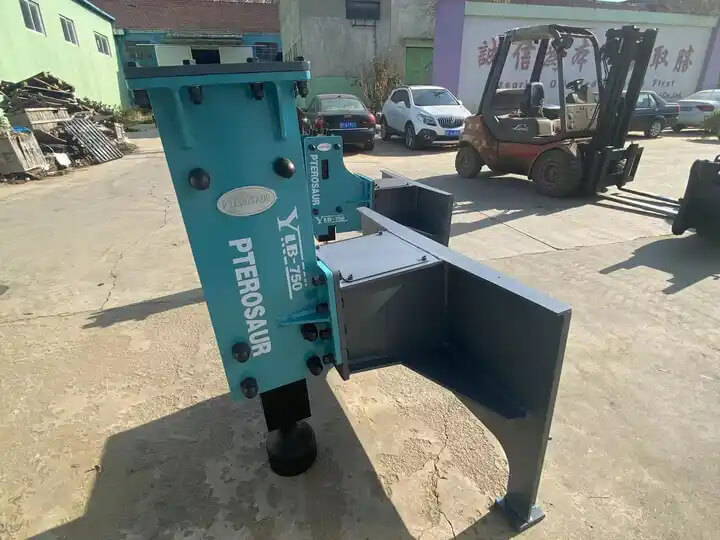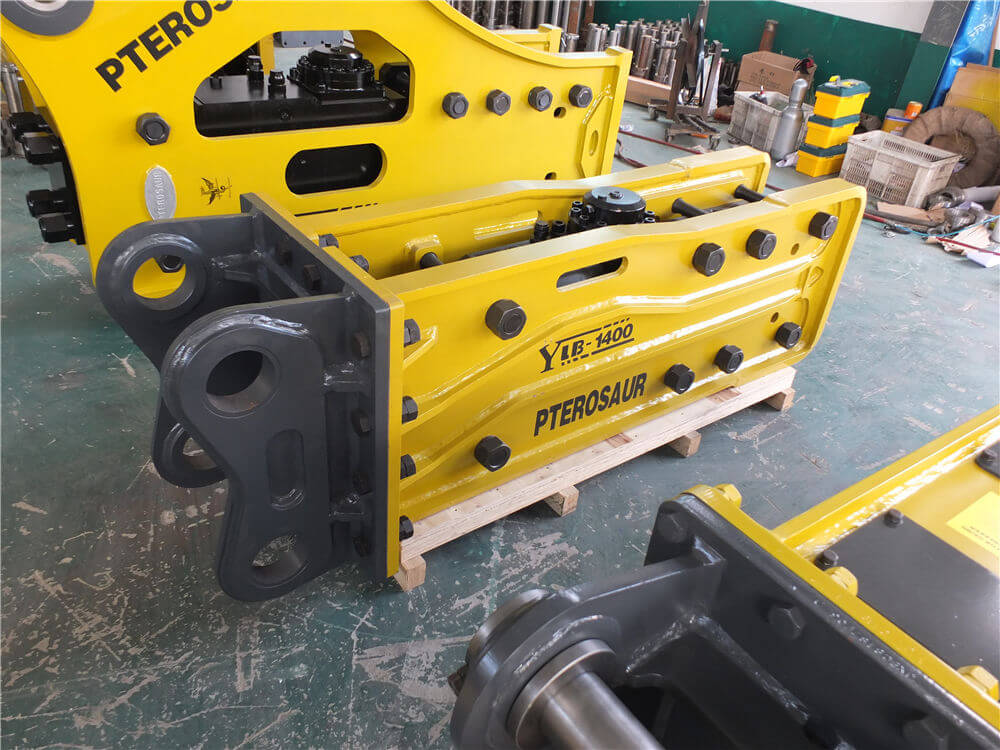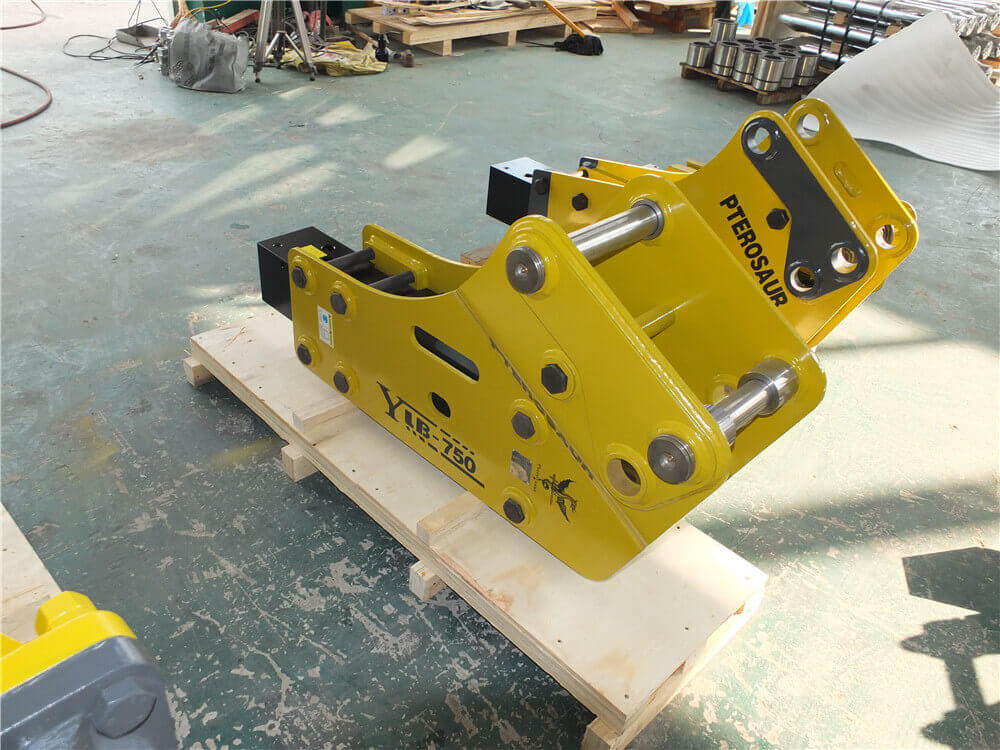Optimal Hydraulic Fluid Temperature for Excavators
Excavators are essential machinery in construction and demolition, known for their ability to perform a variety of tasks, from digging trenches to breaking down hard surfaces. One critical aspect of their operation is the hydraulic fluid temperature, which plays a significant role in the efficiency and performance of these machines.
Ideal Temperature Range
For optimal functioning, excavators operate best when the temperature of the hydraulic fluid is maintained between 50°C and 80°C (122°F to 176°F). This range ensures that the hydraulic system performs efficiently, providing the necessary power and responsiveness required for various tasks.
Risks of High Temperatures
However, if the hydraulic fluid temperature exceeds 95°C (203°F), the consequences can be severe. High temperatures can lead to a significant reduction in working efficiency, potentially causing the excavator to malfunction or even shut down. Overheating can occur due to several factors, including:
- Low Hydraulic Fluid Levels: Insufficient fluid can cause the system to work harder, generating more heat.
- Contaminated Fluid: Debris and contaminants can affect the performance of the fluid, leading to overheating.
- Faulty Cooling Systems: If the excavator’s cooling systems (like coolers and tanks) are not functioning properly, heat will not dissipate effectively.
Troubleshooting High Hydraulic Oil Temperature
If you encounter high hydraulic fluid temperatures, here are some suggested solutions:
-
Check Fluid Levels: Always start by checking the hydraulic fluid level. If it is low, refill it to the proper level to ensure adequate power transmission.
-
Inspect Fluid Quality: Ensure the hydraulic fluid is clean and free of contaminants. If it’s dirty or degraded, consider performing a fluid change.
-
Examine Cooling Systems: Inspect the excavator’s cooling systems for any blockages or malfunctions. Ensure that coolers and heat exchangers are operating correctly to dissipate heat effectively.
-
Monitor Operating Conditions: Avoid operating the excavator in extreme conditions, as high ambient temperatures can contribute to overheating.
Conclusion
Maintaining the hydraulic fluid temperature within the optimal range is crucial for the efficient operation of excavators. Regular maintenance and monitoring of hydraulic fluid levels and quality, along with the cooling systems, can help prevent overheating and ensure that the excavator performs at its best. By adhering to these guidelines, operators can enhance the longevity and productivity of their hydraulic systems, ultimately leading to successful project outcomes.




































